Innovating Computational Social Science for Peace and Development
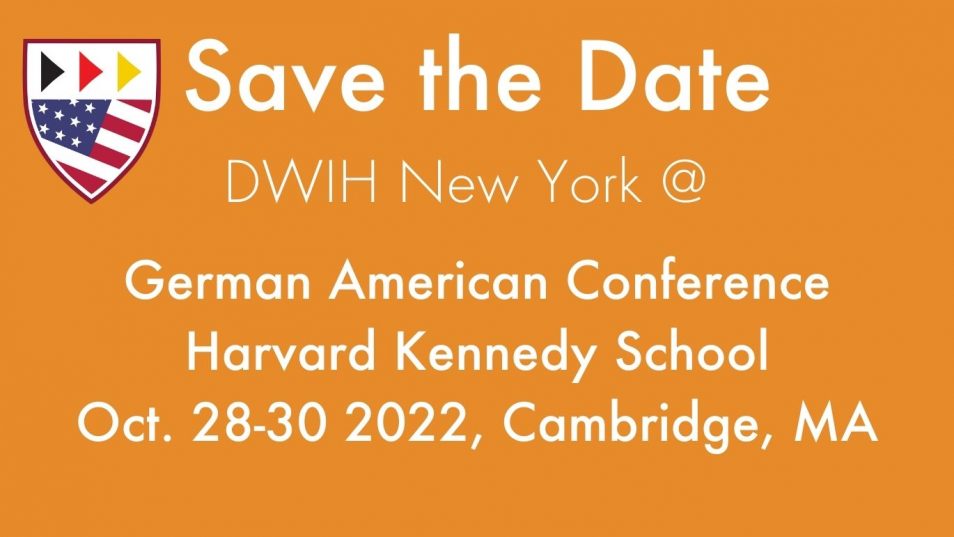
The DWIH New York supported the panel “Innovating Computational Social Science for Peace and Development” at the German American Conference 2022 at the Harvard Kennedy School in Cambridge, MA.
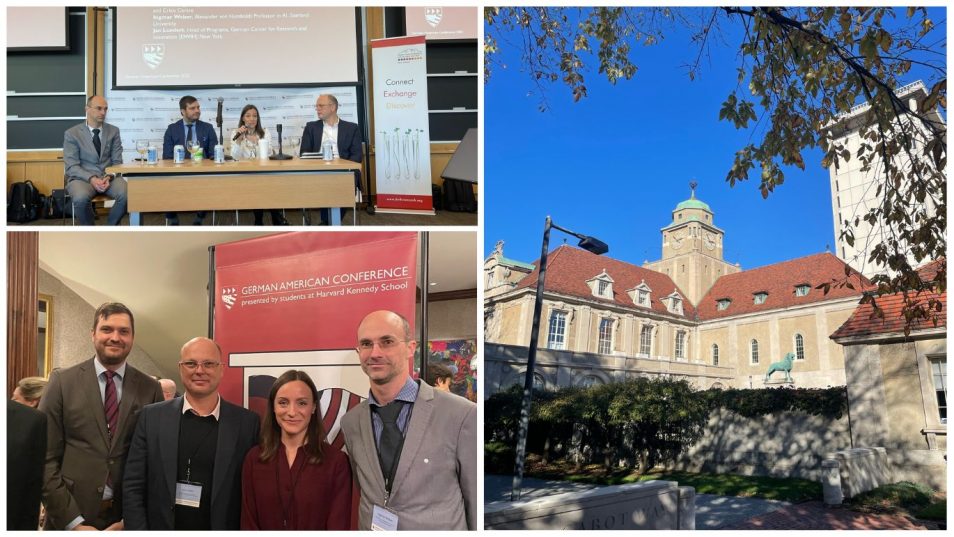
Aftermovie GAC Harvard 2022
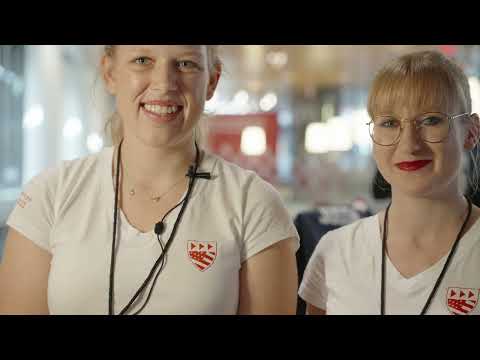
To play the video, click the thumbnail. Once activated data will be transmitted to the respective provider. Watch on YouTube
Special shoutout to our director, Benedikt Brisch, for his comments at 3:26 in the video.
The world is facing seemingly insurmountable challenges, ranging from the climate crisis, extreme poverty, to ongoing wars and conflicts. Intergovernmental organizations, such as the United Nations, were created to help more effectively tackle such challenges through coordinated global action. However, such responses call for targeted and effective approaches. Yet insights on these can be hard to obtain – especially when relevant and trustworthy data is missing. New data sources such as social media, satellite imagery, and mobile phone traces can offer real-time signals on the above-mentioned challenges at an unprecedented scale. By drawing on these data sources, researchers have begun to apply Computational Social Science to help ‘counting what counts’, and guide on the ground responses and inform policy efforts. In this panel, speakers highlight illustrative cases of innovative data use in areas of peace and development. Panelists also discuss practical and ethical problems when applying and scaling up such methods within the complex setting of international organizations.
Have a look at the conference website for the whole program.
Our Experts
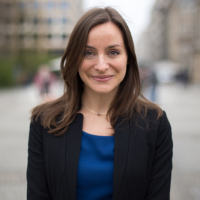
Marzia Rango recently joined the UN Operations and Crisis Centre (UNOCC) in the UN Secretariat in New York as a Migration and Human Mobility Specialist. Prior to UNOCC, she led the work on data innovation and capacity-building at the Global Migration Data Analysis Centre (GMDAC) of the International Organization for Migration (IOM) in Berlin. She is the co-editor of the handbook Harnessing Data Innovation for Migration Policy (forthcoming, 2022), and IOM’s volume Migration in West and North Africa and across the Mediterranean (2020).Marzia Rango, Migration and Human Mobility Specialist, UN Operations and Crisis Centre (UNOCC)
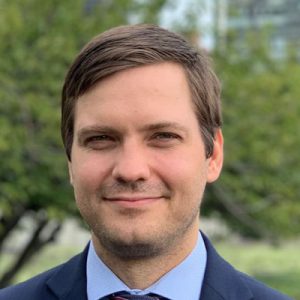
Martin Waehlisch leads the Innovation Cell in the Policy and Mediation Division of the UN Department of Political and Peacebuilding Affairs (UN DPPA), an interdisciplinary team dedicated to exploring, piloting, and scaling new technologies, tools, and practices in conflict prevention, mediation and peacebuilding. He holds a PhD in International Law and recently published the edited volume “Rethinking Peace Mediation: Challenges of Contemporary Peacemaking Practice” (Bristol University Press 2021).Martin Waehlisch, UN Department of Political and Peacebuilding Affairs

Ingmar Weber is an Alexander von Humboldt Professor in Artificial Intelligence at Saarland University. His interdisciplinary research looks at what non-traditional data sources can tell us about the offline world and society at large. Working closely with sociologists and demographers he has pioneered the use of online advertising data for complementing official statistics on international migration, digital gender gaps, and poverty. His work is regularly featured in UN reports, and analyses performed by his team have been used to improve operations by UN agencies and NGOs ranging from Colombia to the Philippines.Ingmar Weber, Alexander von Humboldt Professor in Artificial Intelligence, Saarland University
Our Moderator
Jan Lüdert, Head of Programs, German Center for Research and Innovation (DWIH) New York
Event Information
October 30, 2022, 9:30 AM to 11:00 AM
Cambridge, MA
Organizer(s): German American Conference at Harvard e.V.
